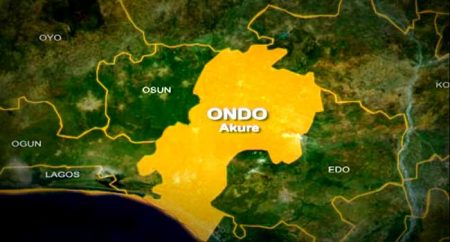In the recent local government elections held in Abia State, the Zenith Labour Party (ZLP) emerged as a significant force, winning 15 out of the 17 local government areas contested. This election was noteworthy not only for the scale of victories achieved by ZLP but also for the political landscape of Abia, where the party’s success indicated a shift in voter sentiment. The performance of ZLP is indicative of growing acceptance among voters who are seeking alternatives to the traditional political parties within the state, highlighting a potential reconfiguration of political alliances and power dynamics.
The Young Progressives Party (YPP) also made its presence felt in the elections, securing two local government areas. While YPP’s performance was not as robust as that of ZLP, it nonetheless showcased the party’s capability to make inroads within the state’s electorate. The results can be seen as a reflection of the electorate’s desire for change, as both parties campaigned on platforms that promised transparency, development, and improved governance, contrasting with the established parties that have come under scrutiny for their performance in prior elections.
This election period was marked by intense campaigning and significant voter engagement, with both ZLP and YPP focusing on issues that resonate deeply with the populace, such as infrastructure development, healthcare, and education. The strategy employed by both parties involved grassroots mobilization, which seems to have effectively galvanized support among potential voters. In light of these results, there is a growing conversation around what the future holds for the political strategies of the traditional parties that dominate the state’s landscape, particularly as they consider the rise of challenger parties like ZLP and YPP.
In the aftermath of the elections, the leadership of ZLP expressed their gratitude to the electorate and emphasized their commitment to delivering on the promises made during the campaign. The party’s victory was seen as a mandate for change and an endorsement of the vision they articulated throughout their outreach efforts. The leadership also committed to fostering inclusive governance and addressing community concerns, thereby aiming to build a more engaged and participatory local government structure.
Conversely, the YPP’s achievement, albeit modest, represents a foothold that may pave the way for future growth. YPP’s leadership has indicated plans to intensify their efforts in connecting with voters on pressing issues and ensuring that their voice is heard within the local governance framework. Both parties have a unique opportunity to demonstrate their governance capabilities, which could lead to increased support in future elections. This period represents a crucial juncture for all involved, as they consider the implications of these results for both current and upcoming political challenges.
Overall, the recent local government elections in Abia State signify an important moment for the ZLP and YPP as they navigate a landscape increasingly characterized by voter discontent with traditional party politics. Their performances have introduced a new dynamic to the local political arena, one that could influence future elections significantly. As they move forward, both parties are encouraged to capitalize on the momentum generated by this election to further their political agendas and connect meaningfully with their constituents. The results have reshaped the political dialogue in Abia, suggesting a potential for continued evolution in the state’s governance and political affiliations.














